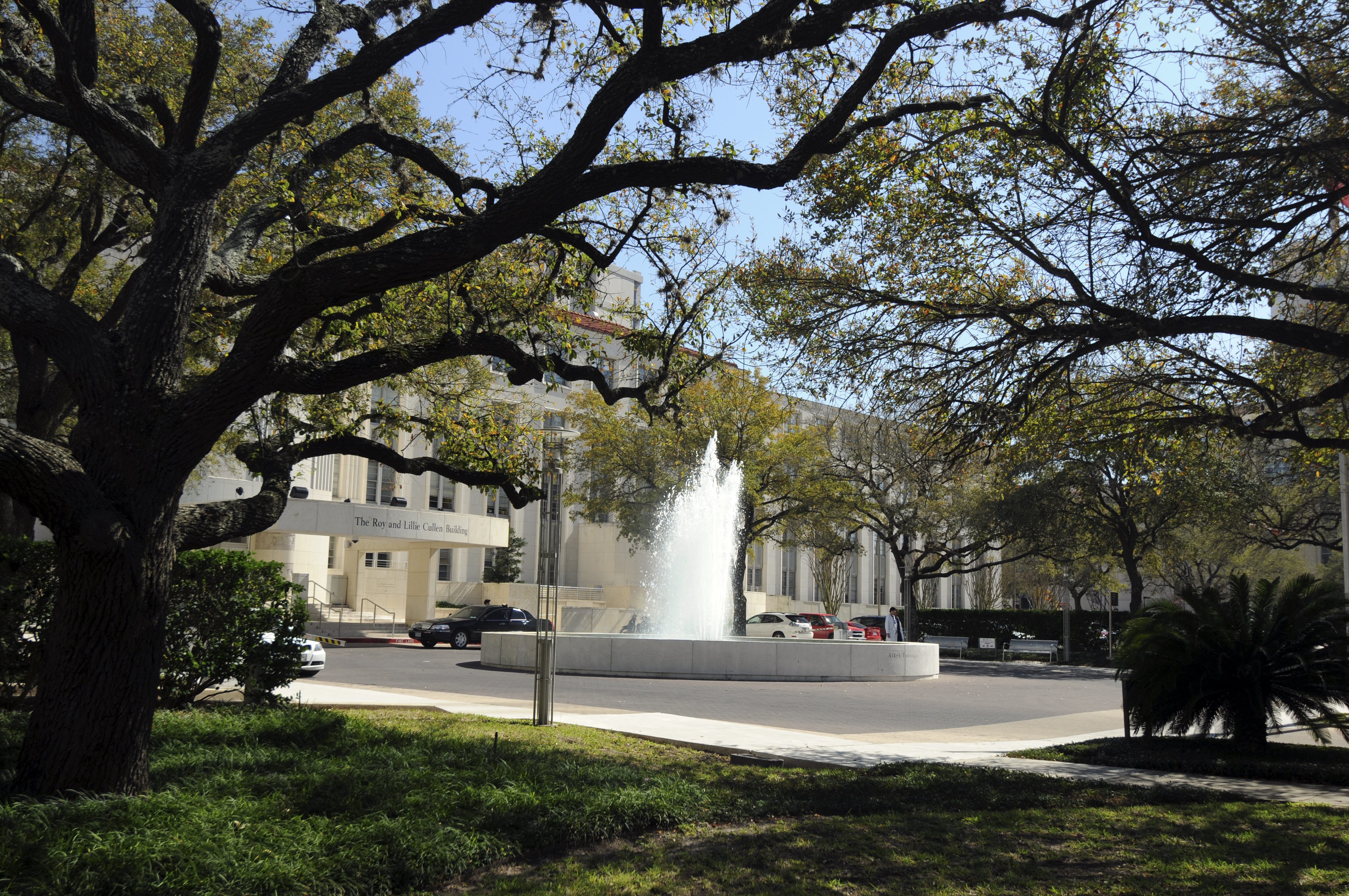Truth is fundamental to democracy. When citizens cannot tell fact from fiction and leaders spread falsehoods for political advantage, society as a whole is damaged. The US demonstrates this. Donald Trump’s baseless claims about electoral fraud are sowing division and distrust throughout that nation and undermining good governance.
This is a wake-up call for Australia. We need to limit the damage that can be caused by political lies. Australia is fortunate to have a well-respected electoral system run by an independent electoral commission. Key aspects of the system protect our democracy, including compulsory voting by encouraging politicians to appeal to the broader community and not the angry fringes. The nation’s political culture is also supportive of honouring election results without rancour or complaint. It speaks well of that culture that outgoing governments accept the verdict of the people and support a smooth transition of power.
However, we must not be complacent. Australia is not immune to the adverse impact of falsehoods spread for personal, monetary or political advantage. The opportunity to benefit from lies, amplified by social media, is too large for some people to ignore.
READ NEXT
The legal system has a role to play in holding people and organisations to account when they spread harmful lies to their advantage. For example, it is illegal for businesses to mislead or deceive consumers. They cannot make wrongful claims about their product or spread falsehoods to undermine a competitor. Another example is the law of defamation that enables people to sue for damages when their reputation has been sullied. An example from the US is the $US49.3m ($70m) damages order by a court against conspiracy theorist Alex Jones for spreading lies about the 2012 Sandy Hook massacre.
Where the parliament falls short is in regulating misinformation by our politicians. Parliament has regulated all sorts of falsehoods but has failed to look to its own. The result is politicians can lie with impunity to secure electoral advantage. Examples include scare campaigns such as Medicare and death taxes.
Baseless scare campaigns are problematic enough without the risk this will turn into something more serious. We have the same potential as countries such as the US for false claims to grow to threaten the integrity of the electoral system as a whole. This concern is reflected in the fact polls show more than 80 per cent of Australians support reform. The community wants greater accountability for politicians who deliberately mislead the public in search of votes.
An early priority for the new federal parliament should be to enact rules for truth in political advertising. It should approach the topic with caution and respect for freedom of speech, including because an overzealous law may be struck down by the High Court. Regulation must not overextend to regulate the broader political contest. There must always be space for robust debate and to question even the most accepted orthodoxy. It is also important that any new law cannot be weaponised during an election campaign by one party seeking court injunctions against its opponents.
The result should be a narrowly drawn law for truth in political advertising. This law should target only the spread of information that can be proven to be false. No attempt should be made to regulate opinion or ideas in contested areas.
South Australia has prohibited electoral advertisements setting out statements of fact that are “inaccurate and misleading to a material extent” since 1985. A person can be fined $5000 and corporations $25,000 for doing so. The SA Electoral Commission can request the withdrawal of advertisements that breach this standard and the publication of a retraction to correct the public record. Violations also can be taken to court.
The SA law is a disincentive to politicians spreading falsehoods during state elections. It has been used to good effect. For example, Labor ran a 1993 TV ad stating the Liberals would close hundreds of schools with fewer than 300 students. The Liberals had actually stated they would not close schools with 300 students and only “a small number of schools that have got a very small number of students might be affected”.
There is room for improvement in a national truth in political advertising law. Much damage, and political advantage, will occur before an advertisement is withdrawn. This may not be remedied by a public correction, and a small fine may be accommodated by political parties as a cost of campaigning. The federal parliament should account for this with greater penalties, including criminal sanctions in extreme cases of flouting the law. This will provide the law Australia needs to take a stand against the deliberate spread of political lies.
George Williams is a board member at the Centre for Public Integrity and deputy vice-chancellor and professor of law at the University of NSW.
This article was originally published in The Australian, on August 17 2022







